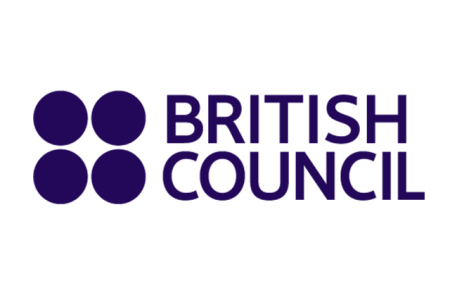One-third of the food produced globally ends up as waste. This complex issue has a variety of negative social, economic, and environmental impacts. The food we produce requires large amounts of water, land, energy, and labour, creates a significant environmental footprint, and when landfilled contributes to greenhouse gas emission (primarily methane), and this nutrient-rich mixture combined with atmospheric water washes down to underground waters, soiling the water and making this issue even worse.
The city of Belgrade doesn’t have a specific set of measures dealing with this type of waste which falls into the category of biodegradable waste. Some amounts of biowaste collected through the integral waste management system are being composted, and none of it is used for energy production since there is no waste-to-energy facility. Therefore, the food waste in Belgrade should be reduced in order to lower the amounts being landfilled.
Social research revealed that two of the youngest segments of the population (18-25 and 26-35) had the lowest score on food waste prevention.
Food wasting is a huge problem in Serbia, without clear strategy on how to combat it.
Therefore, Belgrade Open School (BOS), more precisely portal Mingl intended for young people, which was created within BOS, and Environment Improvement Centre from November 2022 to February 2023 will implement the project Be aware that food is not garbage (original name: Da ne dođe do nevolje veće, budimo svesni da hrana nije smeće). This project is suported by British Council within Media For Youth Programme.
With this project, we will conduct awareness campaign in order to present to Mingl audience what they, as individuals, in accordance with their own capacities, can do on a daily basis in order to reduce the amount of food in the waste, thus protecting the environment and reducing the environmental footprint.
The problem will be presented to the target group in three separate stories (general overview of the food waste situation in Serbia, an example of good practice, interview) which, except on the Mingl website, will also be distributed on the Mingl Instagram page.
In parallel with the process of working on the articles, a social media campaign will be implemented on Mingl’s Instagram profile in which relevant format will be produced.
As the form of short videos - Instagram reels is an increasingly popular video form of expression among young people on social networks, three Instagram reels will be produced which "tricks" will be presented how everyone can contribute to reducing wasting food.
Beside this, as a part of the social media campaign, 10 Instagram stories will be prepared and published, as well as two carousel posts, and which will be connected to the main topic.
This project will be mainly based on research conducted by partner organization - Environment Improvement Centre. They have implemented a set of research in 2021 regarding the issue of food waste – social research, direct measurements of food waste in 100 households and 27 commercial outlets in Belgrade, and prepared the Guides for food waste reduction in households and canteens in companies.

 381 60 30 65 800
381 60 30 65 800






